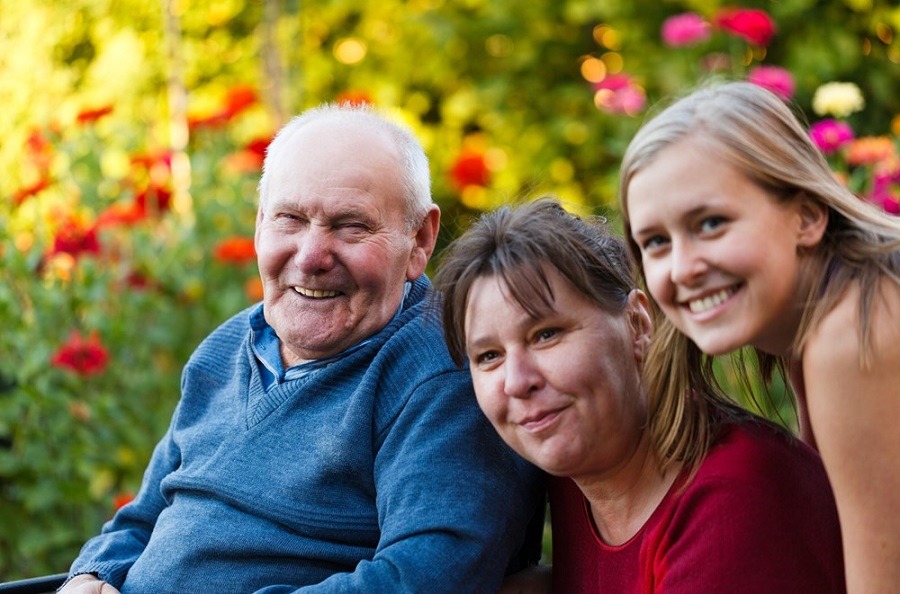Feeling the Squeeze: Parenting in the Sandwich Generation

If you’re taking care of aging parents while supporting your own children, you are a member of the ever growing “sandwich generation.” Dual caregiving is becoming more and more common because of advances in medicine, longer life spans and the trend of people having children later in life. Trying to be everything to everyone can leave you feeling “sandwiched” between the needs of your parents and your kids.
While your role may be causing you guilt and stress, it can be positive for children to witness the love and commitment that caregiving takes. Here are some ideas to make sure your children experience more gains than strains as you care across the generations:
- Build their Connection: Encourage your children and parents to spend time together. Look for mutual interests, plan activities as a family and include your aging loved one in your daily routine. Some ideas include, looking at family photos, listening to music from different generations and reading stories together. Developing a bond is also an opportunity to get to know each other in a very real way and to help minimize feelings of resentment and jealousy.
- Keep them in the Loop: Children are more adaptable, receptive and resilient than we often think. While you may want to shield them from pain, being open and honest about your parent’s health will better serve them in the long run. Age-appropriate information will reduce fear and anxiety and make them feel valued, respected and heard. This openness will also set the stage for other challenges moving forward.
- Consider Age and Maturity: Whatever their age, ability, maturity or behaviour, all children can help you care. Your five-year-old can bring Grandpa a snack, your tween can help him navigate a new app, or your teenager can drive him to a doctor’s appointment. Just make sure your requests are age-appropriate and that you always thank them for their support. Giving kids tasks will help them learn to accept responsibility, be more independent and enjoy helping others.
- Find a Balance: While their support can be beneficial, make sure your child is having fun and still has “kid time.” They need to experience life outside of caregiving. While challenging, make an effort to spend one-on-one time with each child and don’t pass up the chance to laugh and play together. Watch for signs of stress including headaches, stomach pains or sleep problems. If you start to notice their schoolwork or friendships are being affected, adjust their family obligations.
While multigenerational caregiving isn’t without challenges, it can help instill many positive values in your children. Kids who watch and participate in caregiving can learn tolerance, flexibility, resilience, empathy and the importance of family. Just remember: you can’t help others if you aren’t helping yourself, so don’t neglect your own needs. VHA Home HealthCare can help you get the extra support you need.
